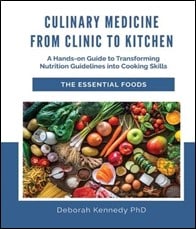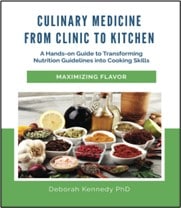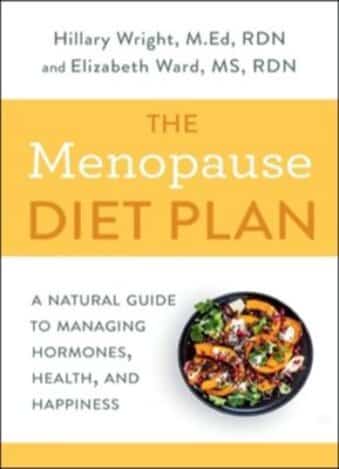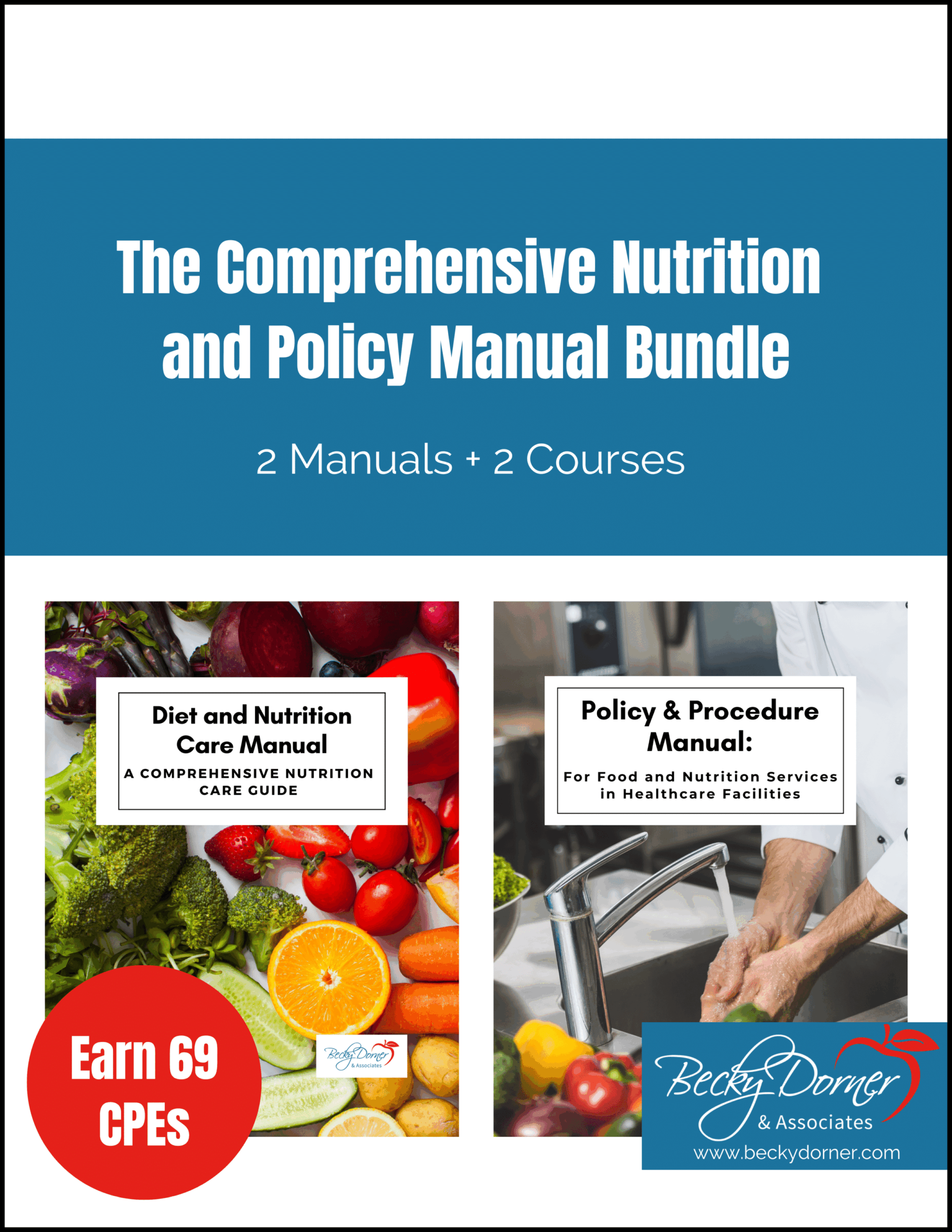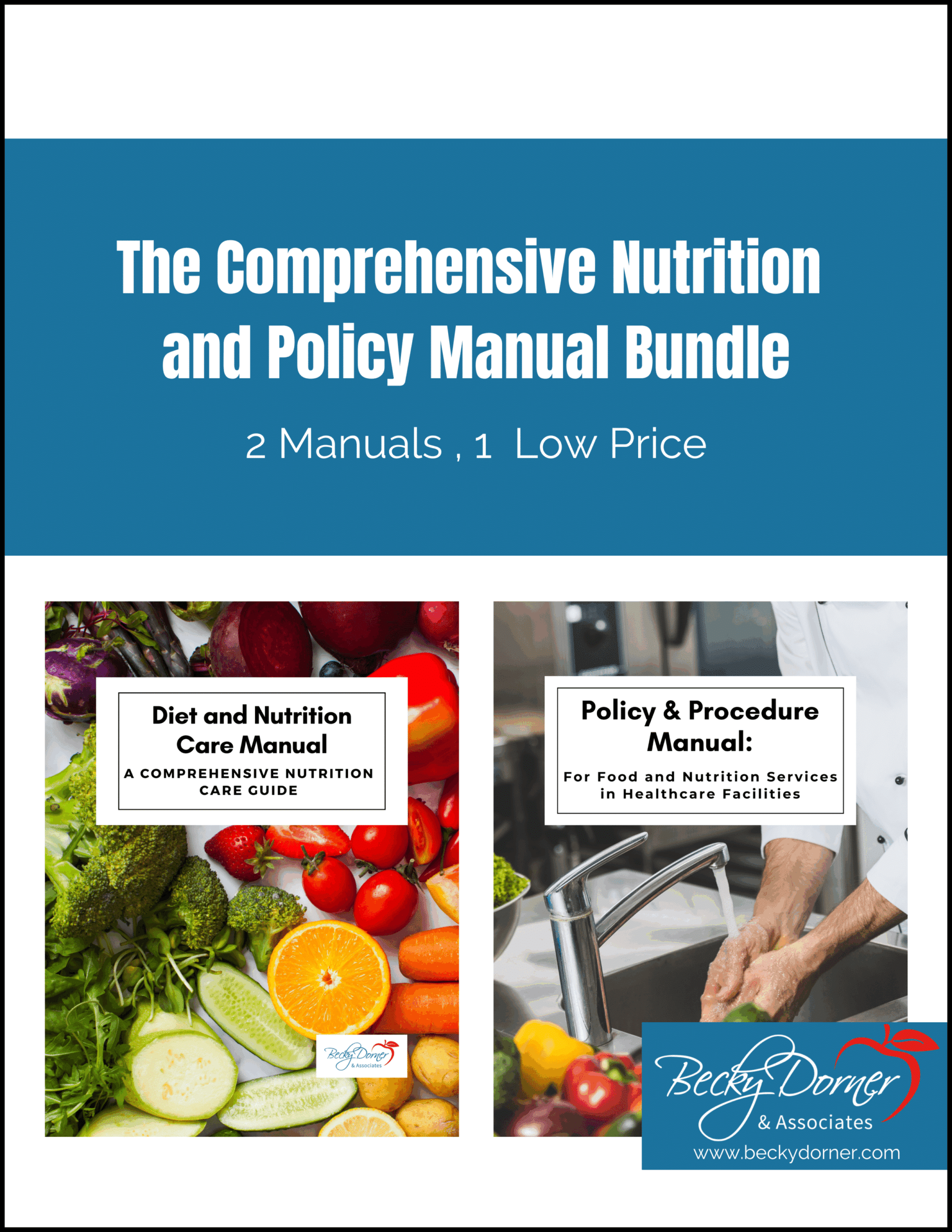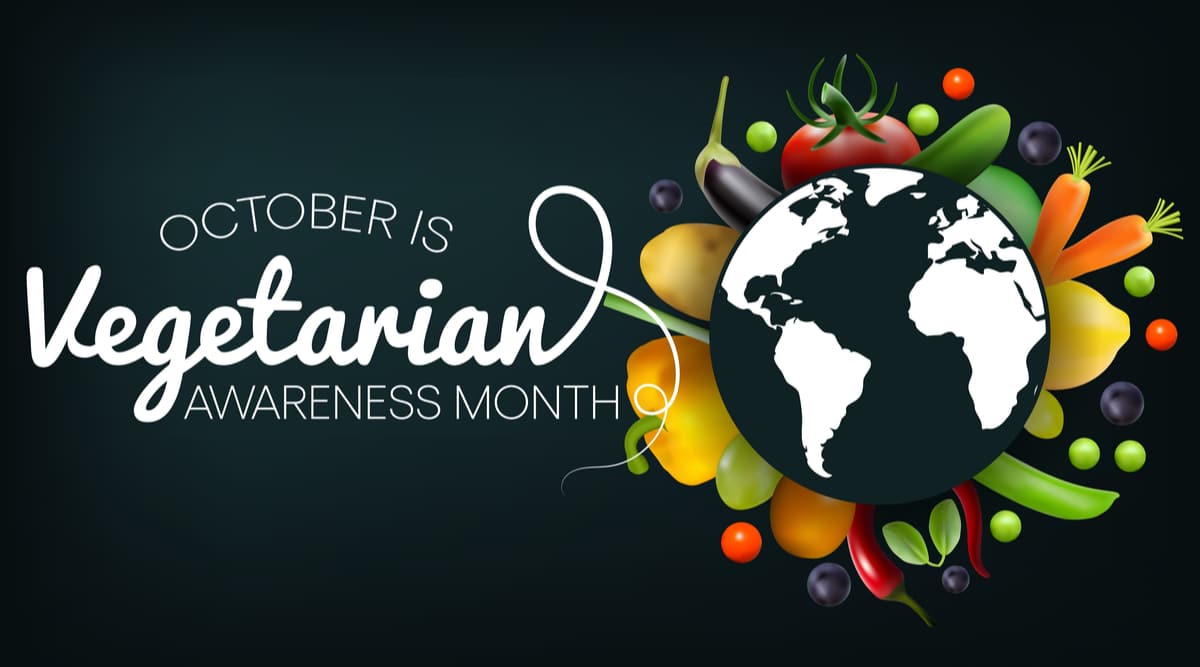
From taking part in ‘meatless Mondays,’ to adopting a more plant-based diet, partaking in Vegetarian Awareness month can teach people about the influence diet has on overall well-being. Vegetarian diets have been shown to decrease the risks and severity of COVID-19, reduce the risk of cardiovascular diseases, and increase the overall health and wellness of our population. By advocating for healthy diets including more fruits, vegetables, beans, nuts and whole grains, nutrition professionals can positively impact the lifespan and quality of life of their patients and clients.
The articles below provide information on how people can partake in Vegetarian Awareness Month and reap the rewards. These resources give healthy swaps for animal products to meet protein and nutrient needs. This can also benefit clients who are already eating a vegetarian diet but need help making sure it is well-rounded. Educating health care staff on the advantages of this lifestyle change can help create a healthier atmosphere and lead to significant positive changes in patients/residents.
Vegetarian Awareness month runs through the month of October and is a great opportunity for people to explore different vegetarian lifestyles, their benefits, and how they can be incorporated into a regular meal schedule.
Diet Quality and Risk and Severity of COVID-19: A Prospective Cohort Study
British Society of Gastroenterology
This article outlines a study correlating a plant-based diet and the effects of COVID-19. The study included data from participants of the smartphone-based COVID-19 Symptom Study. The results showed that a diet composed of healthy plant-based foods was associated with lower risk and severity of COVID-19 especially among individuals living in areas with higher socioeconomic deprivation.
Eating a Plant-Based Diet at Any Age May Lower Cardiovascular Risk
American Heart Association
This article from the American Heart Association describes studies recently published that showed eating a plant-centered diet in young adulthood lowered the risk for heart attack, stroke, heart failure and several other cardiovascular conditions in middle age. Studies also showed eating plant-based foods that lower cholesterol levels reduced the risk of heart disease in postmenopausal women. Eating a strictly vegetarian diet is not necessary, simply reducing highly-processed and fried animal products can have positive effects on lower cardiovascular risks.
Eating Vegetarian – Resources
USDA
This article links to resources on creating a well-rounded healthy vegetarian diet. It includes ways in which patients and clients can eat enough protein, how they can achieve their nutrient goals, and discusses the different types of vegetarian diets and their benefits.

